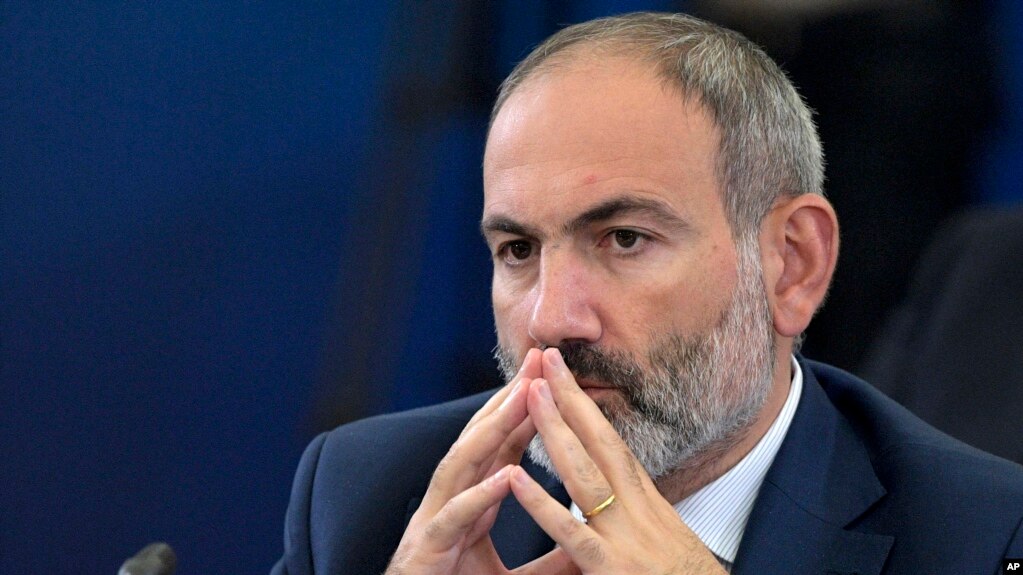
This interview was conducted by Darius Luca Hupov. Hupov is the Editor-in-chief of Romania’s top sci-fi online publication, Galaxy 42, covering the activities of sci-fi enthusiasts from Europe to China and the Middle East. Darius Hupov has been writing science fiction since 1987 ans has published in the Banat Renaissance, Paradox SF, the collection of fantastic scientific stories, SF Gazette, Helion, Nova Library, had an SF film section on Radio Timisoara and on Analog TV Timisoara.
DH: Please present yourself to our readers.
"I am Ammar Al-Masrya translator graduated from Misr University for science and technology, in English department. I translated a science fiction novella called The Shadow Out of Time by H.P. Lovecraft, published by "Daark" in Arabic language."
Ammar Mahmoud Al-Masry with his translation of H.P. Lovecraft, at the 2020 Cairo International Book Fair. ‘Al-Masry’ means The Egyptian.
I also judged for a contest for Shujun Arabiya Magazine. The two top stories were science fiction, one was by Libyan author Abdel Al-Hakim Al-Taweel. I wrote novels in science fiction and fantasy, and I have three novels of my series "The New World" published by Al-Kenzi publisher. Shadow of Atlantis, Throne of Atlantis, and Heart of Atlantis.
I love science fiction since I was a child, and I watched a lot of sci-fi movies like Interstellar, I Robot, Predestination, and Star Wars. I also watched some TV shows like Altered Carbon and played some games like Mass Effect and Crisis. Read lots of Sci-fi novels, like Foundation, Time Machine, War of the Worlds, and The Machine is Stopping.
I joined the Egyptian Society for Science Fiction (ESSF) in 2017, Ahmed Al-Mahdi introduced me, and I won a contest with my story "The Golden Watch" and it was published in a book called The Futurists. A children sf anthology.
Ammar Al-Masry receiving a prize for his story from Yacoub al-Sharouny [left] and Dr. Hosam Elzembely [right]. Yacoub Al-sharouny is a literary critic specialised in children’s literature and a patron of science fiction in the Egyptian Writers’ Union.
DH: Please try to make a brief introduction on the Egyptian SF history.
AM: It all begins with Tawfik Al-Hakim and then came a great sci-fi Egyptian author called Nihad sheriff 1970. He wrote a lot of great novels in the sci-fi field. He was followed by a new generation with Nabil Farouk and his series The File of the Future. His series were about space wars and sci-fi elements. But he was not alone at that time, and the famous Egyptian author Ahmed Khaled Tawfik, also made a lot of good novels in sci-fi. And there are a new era in sci-fi rising up in Egypt right now with the (ESSF), with Dr. Emad Aysha, Ahmed Al Mahdi, Hossam Elzembley, Muhammed Nagib Matter, and more great authors.
DH: Which are the most popular SF magazines and fanzins (printed and online) in Egypt?
AM: Escatopia and khyal and ilm. No printed magazine.
DH: Which are the SF&F Clubs that have regular meetings?
AM: The Egyptian Society for Science Fiction, making some short stories contests and so on with a monthly meeting to review a sci-fi novel by specialists in criticising.
DH: Which are the most important local and national SF&F associations?
AM: The ESSF, Nihad Sharif Cultural Salon and also the Abd Al-Qadir Al-Husseini Institute, which has an SF section chaired by Muhammad Naguib Matter, and the sci-fi section in Egyptian Writer’s Union.
Ammar Al-Masry at the Abd Al-Qadir al-Husseini Institute.
DH: Which are the printing houses that publish mainly SF and Fantasy?
AM: No one is specialised on publishing Sci-fi in Egypt, but we have some that includes Sci-fi with other genres. Science fiction in Egypt and Arab literature is called police stories or novel, like detective stories, thriller. Publishers in this genre is like: The Modern Arab association which publish the pocketbook novellas of Nabil Farouk and Ahmed Khaled Tawfik. There is Aseer al-Kutub for Publishing and distribution. (Aseer means ‘juice’, books juice). There is Al-Fantasiun for Publishing and Distribution. There is also Dar Al-Kinzy which published my (new world series), Al-Maktaba Al-Arabiya, Shahrazad, Yavi, The International Group, Dar Kitab for Publishing and Distribution.
DH: Which are the most popular SF&F conventions in Egypt? What are their main attractions?
AM: Can't remember a thing about that.
DH: Who are the main author names in today's Egyptian SF&F?
AM: Ahmed Khaled Tawfik, Nabil Farouk, Ahmed Al-Mahdi and Dr Emad El Din Aysha, Eslam Samir, Dr Hossam Elzembely, Muhammed Nagib Matter, Wael and Mahmoud Abdel Rahman. Muhammad Abd Al Rahim, and Basma Abdel Al-Aziz.
DH: Give us some names of SF&F Egyptian graphic artists.
AM: Ammar Gamal. He designed the covers for my three Atlantis novels.
From left to right, Amar Al-Masry, Ammar Gamal and Ahmed Al-Mahdi. This was at the Cairo International Book Fair, before it moved to New Cairo in 2019.
‘The Heart of Atlantis’, the third novel in the New World series.
DH: What makes Egyptian SF original?
AM: I explain this way. What I don’t like about Western science fiction is that is lack of ethics and values in science. It is engrossed in scientific research, the details of research, but without it making it relay on a moral background to stop it being used for evil.
We are trying to invent new things in science fiction, for example; we are trying – as a defeated civilisation against the western civilisation – to mix history, philosophy, and sciences in our novels to give a way to make an explanation for what made the west to surpass us. In my series (The new world) I am trying to explain how colonization invented new ways to invade the world that were not invented before in history. I am trying to explain colonization, clash of civilizations, international politics. How the powerful nations look at the weak nations, and how they see that have right to conquer them. Dr Emad Aisha tries to move the conflicts between the east and the west into space (Especially the planet Mars). Ahmed Al Mahdi made dystopian novels about the life in Egypt after a nuclear war between USA and North Korea in his novel The Black Winter. There is also Al-Mustamioun (The Listeners) by Ibrahim Al-Said, about a civil war and special people, the listeners, who have a chip placed in the brain to forget these memories. They listen to the horrified people and are paid to forget.
Ammar Al-Masry is a member of the Egyptian Society for Science Fiction (ESSF), as is Emad El-Din Aysha, who helped with this interview.







[…] chief among them Wael Abdel Raheem and his brother Mahmoud, authors of Akwan (Universes), and Ammar Mahmoud Al-Masry, author of the alien invasion-first contact Atlantis trilogy. Akwan is very interesting because the aliens are actually here on earth, but living in parallel […]